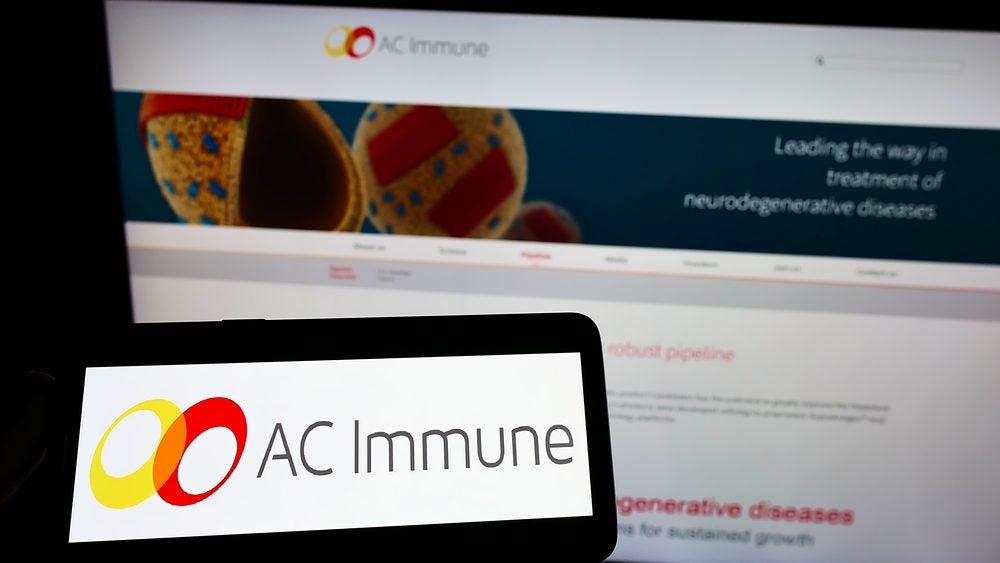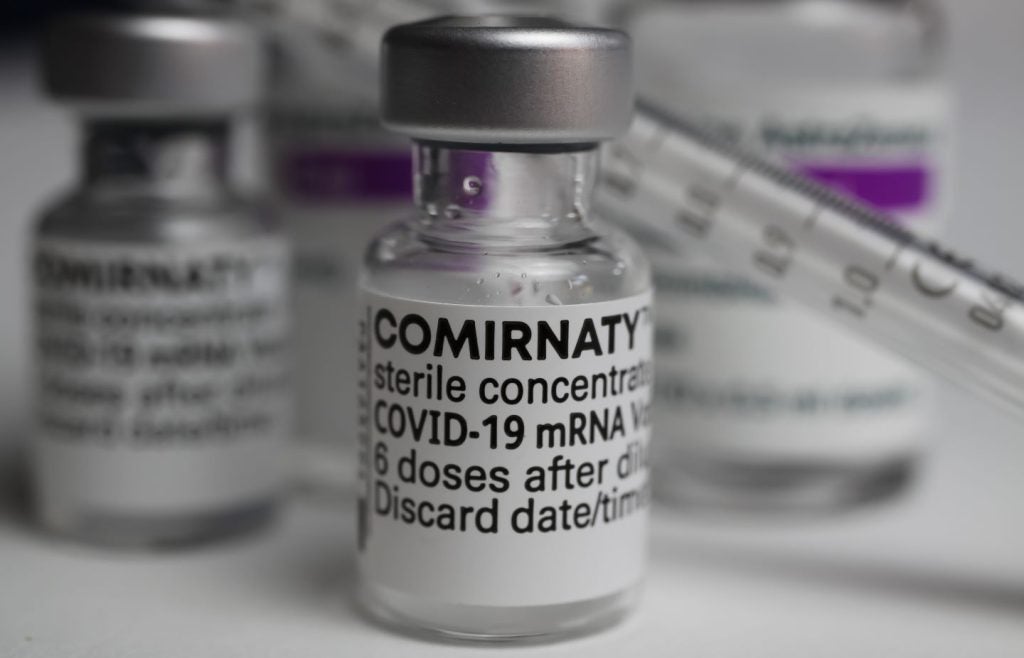Codexis has been granted a patent for engineered amylase polypeptides that have improved stability and can function under a range of pH conditions. The patent also covers the use of these polypeptides for therapeutic and nutritional purposes. Additionally, the patent includes the encoding polynucleotides and methods for producing the engineered polynucleotides and amylase polypeptides. GlobalData’s report on Codexis gives a 360-degree view of the company including its patenting strategy. Buy the report here.
According to GlobalData’s company profile on Codexis, Bioethanol production GMOs was a key innovation area identified from patents. Codexis's grant share as of September 2023 was 44%. Grant share is based on the ratio of number of grants to total number of patents.
A recently granted patent (Publication Number: US11767519B2) discloses a recombinant amylase with specific polypeptide sequences and substitutions. The amylase has at least 90% sequence identity to SEQ ID NO: 1728 and includes substitutions at positions 272, 394, and 91, or any combinations thereof, relative to SEQ ID NO: 2.
The patent claims that the recombinant amylase exhibits improved properties compared to a reference amylase with the sequence of SEQ ID NO: 2 or 18. These improved properties include enhanced catalytic activity, increased tolerance to acidic pH conditions, increased tolerance to proteases and bile salts, increased thermotolerance, or a combination of these properties.
The patent also covers compositions comprising the recombinant amylase, including pharmaceutical compositions with a pharmaceutically acceptable carrier or excipient.
The polypeptide sequence of the recombinant amylase can have at least 91%, 95%, 99%, 92%, 93%, 94%, 96%, 97%, or 98% sequence identity to SEQ ID NO: 1728.
Furthermore, the polypeptide sequence can include specific substitutions at positions 272 (G, K, P, R, or S), 394 (E, G, N, R, or S), or 91 (H), or any combinations thereof.
In summary, the granted patent describes a recombinant amylase with specific polypeptide sequences and substitutions that exhibit improved properties compared to a reference amylase. The patent covers compositions containing the recombinant amylase, including pharmaceutical compositions. The polypeptide sequence of the recombinant amylase can have varying degrees of sequence identity to SEQ ID NO: 1728 and can include specific substitutions at certain positions.
To know more about GlobalData’s detailed insights on Codexis, buy the report here.
Data Insights
From

The gold standard of business intelligence.
Blending expert knowledge with cutting-edge technology, GlobalData’s unrivalled proprietary data will enable you to decode what’s happening in your market. You can make better informed decisions and gain a future-proof advantage over your competitors.







